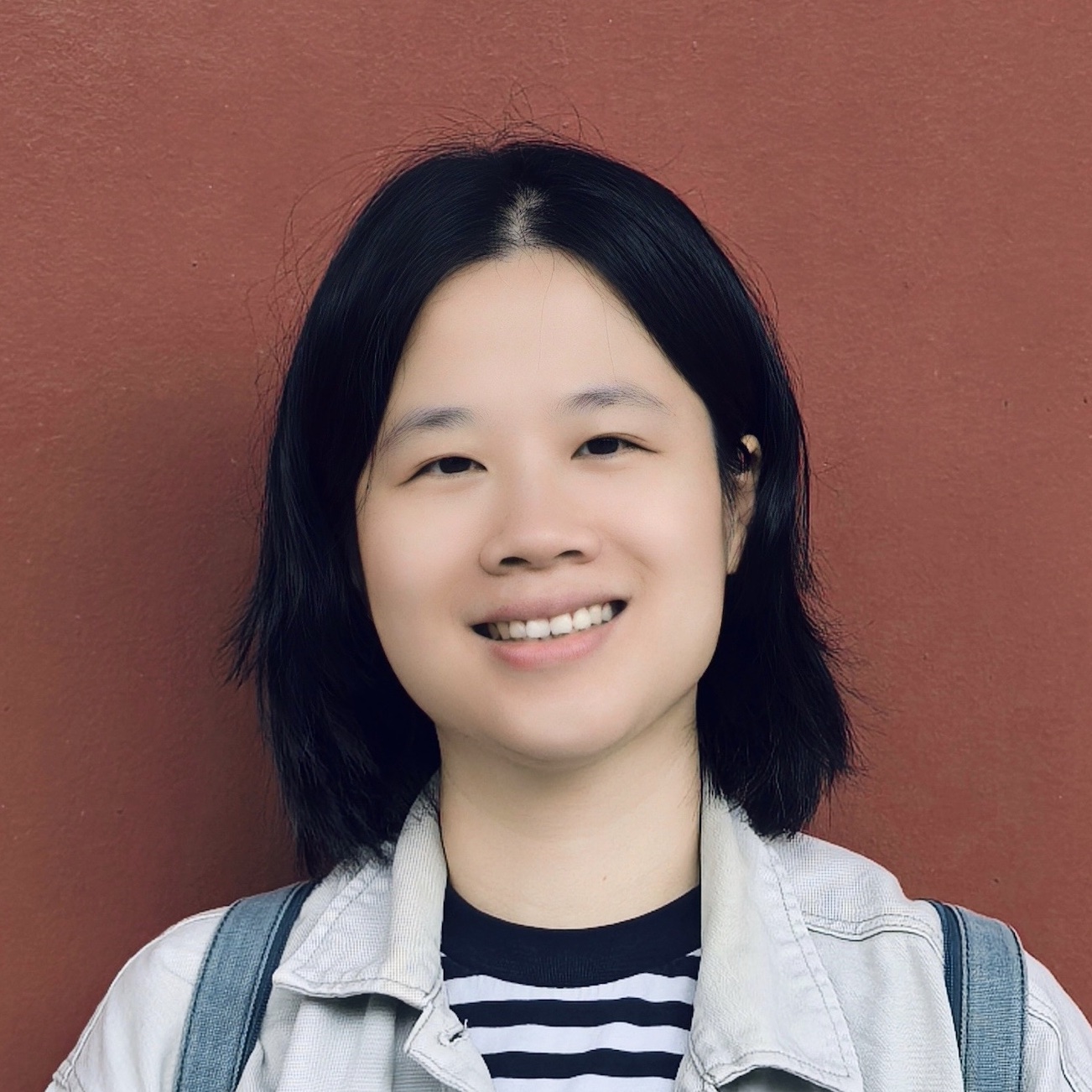I've seen quite some people who chose to do a PhD, but later on suffered from deep frustrations during the PhD years.
You might want to think once again if:
- You don't know what to do next, and use the PhD time as a procrastination to the job market.
- You want to do a PhD because your family and/or friends want you to do it.
- You see some of your peers doing it well and you want to be like them (due to peer pressure or whatever psychological reasons).
- You ranked 1st in your undergrad/master program so you think you'll be good at research.
- ...and, you think PhD is easy ...
(But let's face it -- at least I was not 100% sure I will pursue a research career when I applied for PhDs, and I also under-estimated how hard a PhD study would be. ? Given that PhD typically takes 3-5 years or even longer, it worth a serious consideration for NOT doing it.)
Reasons why you don't need a PhD to get into AI/ML industry:
- So many available materials online for learning, completely possible to become a self-taught ML engineer/researcher.
- AI/ML is an "open-sourced" research field, you don't need to be in a lab to do research (especially for theory).
- Demand in "AI/ML + downstream application" >> demand in "core ML research".
Read stories of ML researchers/engineers without a PhD degree.
My personal experience on AI/ML research:
- My first PhD project never worked out despite I spent 2 years entirely on that.
- From my PhD experience, around 1 in 5 ideas worked out right away, and around 1 in 5 of them finally resulted in a paper.
- After many presentations in Cambridge MLG group, I found that famous Richard Feynman's quote very true: "if I can't explain in simple terms, I don't understand".
- I find software engineering skills very important, especially when I need a large-scale ablation study to validate my points.
- In DL empirical research, often I ended up tuning hyper-parameters, even when I thought my idea was so beautiful.
- Some of my papers got rejected multiple rounds, when accepted I felt they are already out-dated to some extent.
- Sometimes I feel falling behind after seeing 100+ cs.ML submissions per day on arXiv, but I also know that the important research questions that I care are still far from being solved.
- Publishing 10 conference papers on various topics makes you ready for the job market, but having one work with great impact makes you stand out among your peers.
- "Collaboration" makes great research, still remember that "independent thinking" makes you a great researcher.
If the above does not scare/lure you away from doing an ML/AI PhD (think carefully!), read my research, and the following thoughts, and see if we could be a good fit.
My (experimenting) model for PhD student mentoring:
- Happiness (on both side) is more important than research.
- No matter whether you'll pursue a researcher career afterwards (which I hope you will!), my goal is to train you to be an independent thinker, who can identify and address research/engineering problems independently.
- Say the same thing in another way: I don't want you to be purely a "lab technician" to implement my ideas -- I expect you to argue with me (with evidence) why you think your ideas will work and/or why my ideas won't work.
- My ideal model for PhD research is a "T shape" model: you'll go in depth into one particular research direction (in both theoretical and practical studies, which will be recorded in your thesis). At the same time I would also encourage you to explore directions outside of your core PhD project (through collaborations/internships/visiting, etc).
- You can expect a relatively "hands-on" guide from me when you start, i.e. I will look at your derivations and code. Later on it would be shifted towards an "on-demand" basis. I'll try to adapt this according to your progress, but I expect you to learn how to manage my time for advisory inputs to your research.
- Both of us should make sure that our working relationship is run on honesty and trust. Both of us should be responsible and try our best get the promised work done.
- I've made a lot of mistakes and I will continue making mistakes. I am happy to admit and own my mistakes, and I hope you will also be open to communicate negative aspects regarding your PhD study.
